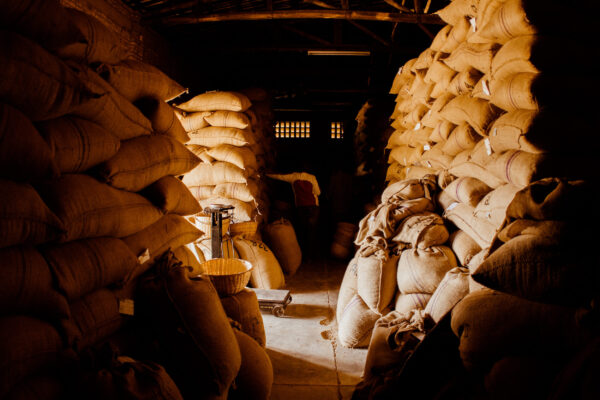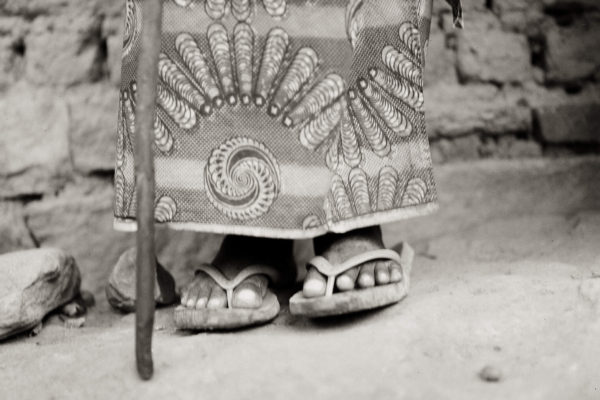From the Farm, Field and Lab
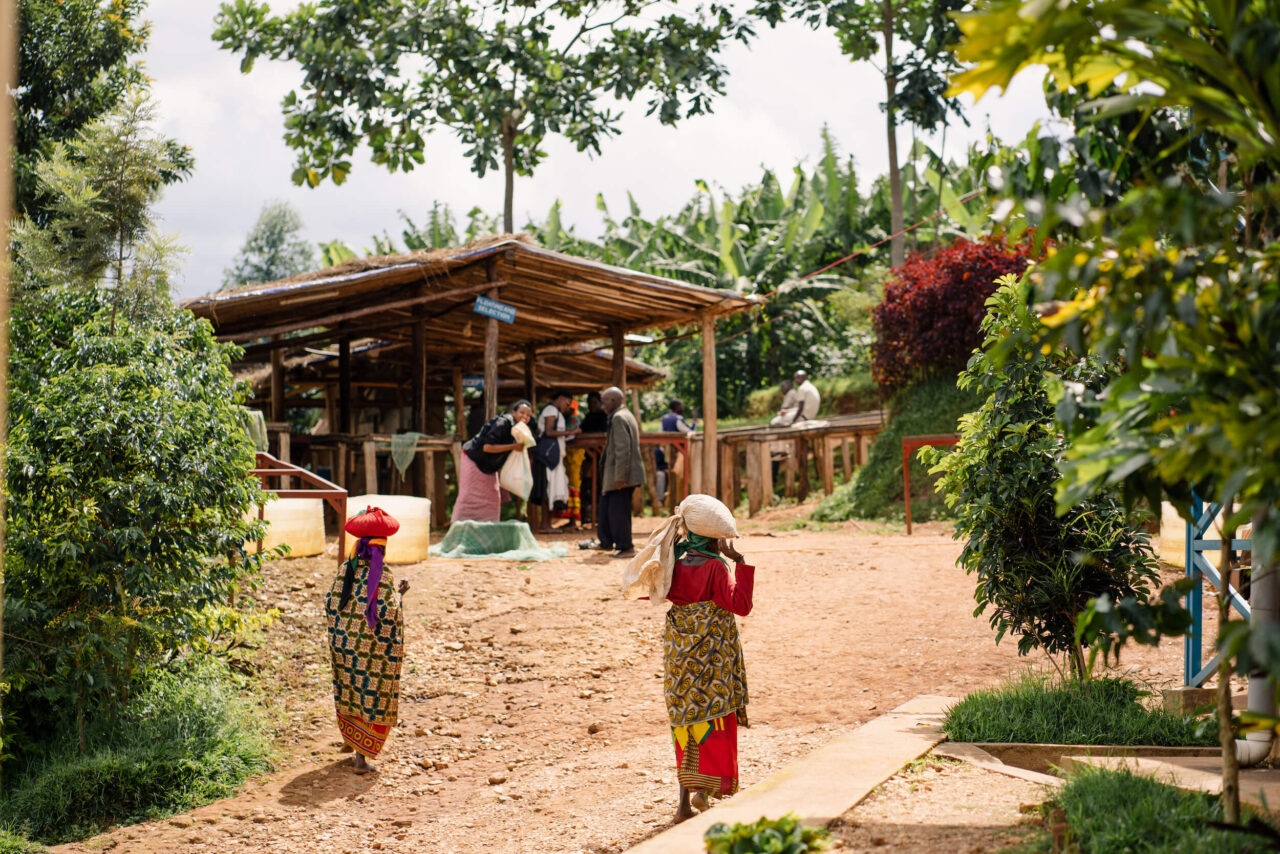
FROM THE FARM
collected and translated by Joy Mavugo in conjunction with Robyn-Leigh van Laren from the Long Miles Story team.
July is a significant month for the farming communities in Burundi. It’s usually the month that marks the end of harvest season- not just for coffee, but for other subsistence crops too. Some farmers call July ‘the month of resting’, as their focus shifts from coffee towards preparing their land to plant other subsistence crops in time for the next rainy season (expected in September). Other farmers call it ‘one of the busiest times of the year’ as their focus stays on coffee. The short dry season in July means that their soil needs to be protected from the East African sun with mulch and weeding. It’s also the time to start thinking about which coffee trees need to be pruned.
On Wednesday, 1st July 2020 the country also celebrated its fifty-eighth Independence Anniversary from Belgian rule. We asked some coffee farmers what their thoughts were on the country’s anniversary.
“Independence Day is really important to me. I celebrated [the independence anniversary] with my children in Kayanza center. That day, I celebrated freedom; there was no freedom before our independence. I was still a little boy, but I remember many things from that time. During the colonization period, people were beaten and forced to do certain activities. But I’m grateful for the good things that the colonizers brought into Burundi. My father was once beaten for cultivating coffee, but now my family stands on coffee. Even my own children are now coffee farmers, and they’re not doing it by force. It’s because of the benefits they saw in growing coffee. The colonizers also taught us to know God.” Pascal Murengerantwari is a seventy-year old coffee farmer from Mikuba hill. He has ten coffee plantations with 1,000 coffee trees.
“I think that 1st July is special for all Burundians, especially for those who were alive during the colonization period. I learnt about it in school. Burundians were forced to do labor like building roads, bridges, and other national works. They were also physically punished. Whenever I talk with old people who were alive at the time, they say that it was very hard, but there are many benefits for myself and other Burundians because of it. I also learnt that the colonizers taught Burundians about God. They built hospitals and taught people about health; built schools and taught people how to read and to write. I’m celebrating the country’s freedom and the good things that came from colonization.” Bonaventure Niyibigira is a twenty-two year old coffee farmer from Munyinya hill. He has two coffee plantations with 200 coffee trees.
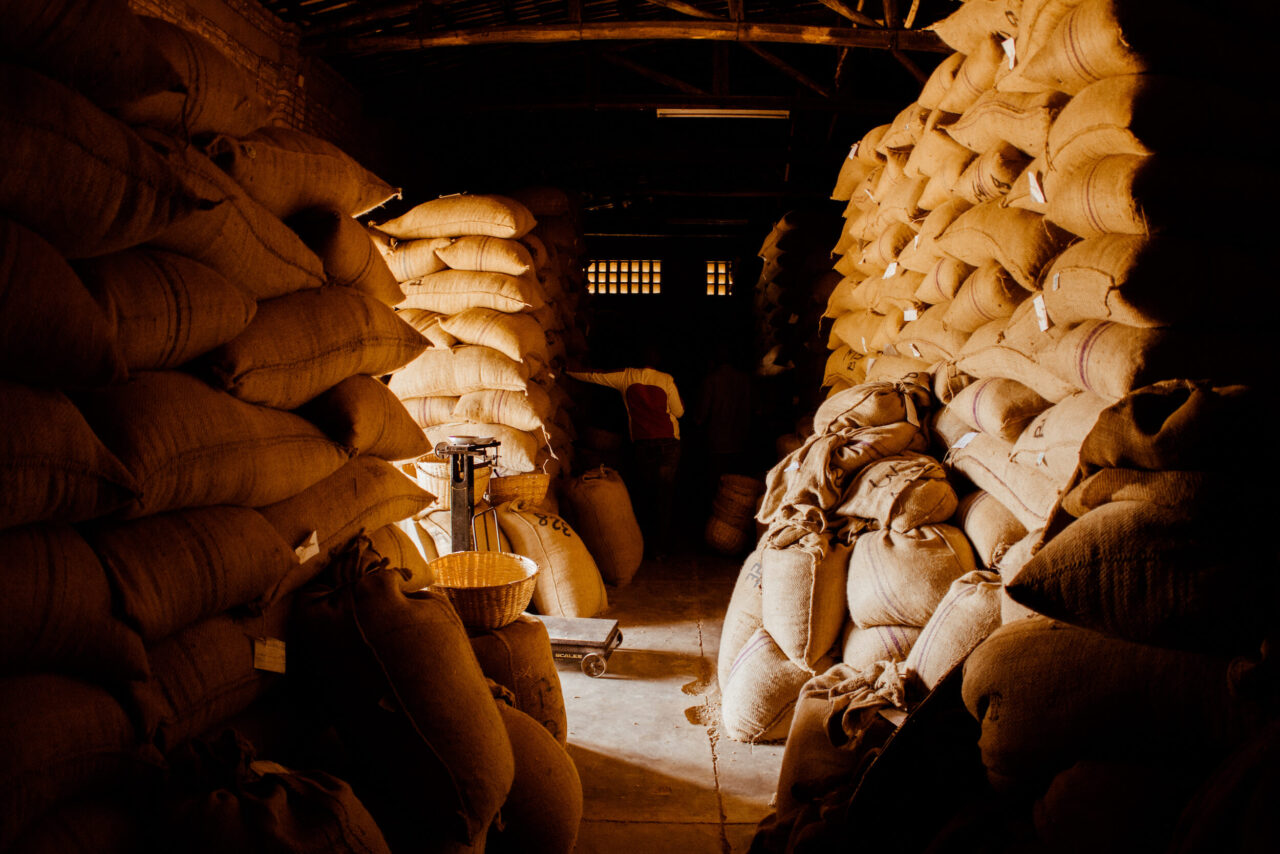
From the Field
written by Seth Nduwayo, Quality Control Manager for Long Miles Coffee
Last time, I shared our plans about parchment transfer from the washing stations to the dry mill. This has begun and is still going on. So far, all the trucks we loaded reached the mill successfully. No breaking down during the journey, no delays that result in waiting to offload the following day. Moreover, on July 20th, we were allowed to start milling.
However, some of the challenges I mentioned in the previous newsletter have already prevailed. In fact, we waited longer than expected to be allowed to mill and the handpicking space is almost full. We plan to start handpicking tomorrow, July 22nd, but the space will be so limited that we will only employ around seventy people while before we could hire three hundred. However, seventy is ok as we will be able to manage them well (which is good for quality) and also we can guarantee that there is enough space between each other in a way that respects the social distancing, in this period of COVID-19.
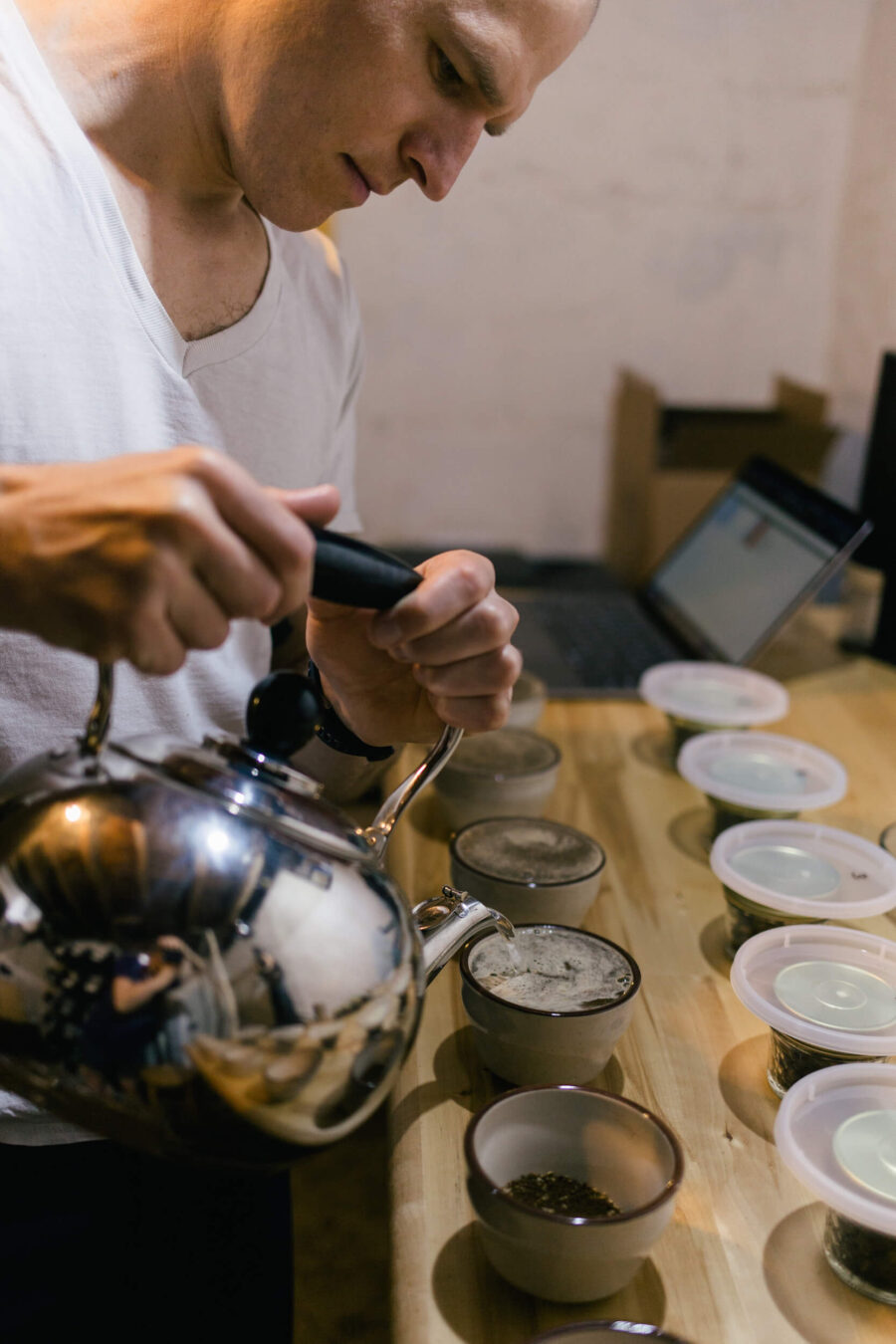
From the Lab
written by David Stallings, Roaster Relations for Long Miles Coffee
For the past seven weeks I have spent the better part of every day engaged in either analyzing green coffee samples (taking humidity and water activity readings), roasting samples, cupping samples, or logging data associated with one of these activities. I then use this data to construct lots of coffee that are roughly twenty bags in size.
In order to construct the roughly twenty bag lots I first consider the hill from which the coffee was delivered. All of our micro-lots are traceable down to a specific hill (a hill, or colline, being a distinct geopolitical unit in Burundi) from which the coffee came. After that I consider the water activity of the day lots. All of the micro-lots we produce have a water activity reading between 0.45 and 0.55aw. If the water activity is above this we will re-dry the coffee, if it is below this it will not be sold as micro-lot quality coffee. For lot construction purposes this year I have chosen to blend coffees together based on where in this range they fall. Coffees with a water activity reading between 0.45-0.49aw are blended together while coffees with a reading between 0.50-0.55aw are blended together. Finally, the flavor profile of the coffees are considered in blending.
As Seth mentioned above, I am thrilled to note that milling of our lots has begun. Once I receive the finished, milled and handpicked samples from our first run through the mill, our partners can expect samples to begin arriving in the post! We will be milling the remainder of July, all through August, and even into September. As such, I expect to be sending samples from mid-August through October. If you have not been in touch with me to discuss your 2020 harvest needs, please do so! If you have been, know that I will be in touch soon with updates on samples coming your way!
Links worth checking out:
- Episode Two of The Long Miles Coffee Podcast is live! Listen to us talk about Colombian Coffee with Tyler Youngblood here.
- An editorial in The New Times on Burundi and Rwanda’s fifty-eighth year Independence Anniversary.
- A Reuters Graphics article titled: “In Africa, a lack of data raises fears of ‘silent epidemic’.”
- This Global Dispatches podcast episode: “The Sudden COVID Death of Burundi’s Strongman Ruler, Pierre Nkurunziza-and What Comes Next.”
- The New York Times article: “IMF Approves $7.6 Million Debt Relief to Burundi to Cushion Covid-19 Effects.”
